STCW Special Training – The STCW modular courses have been developed to meet the standards of the Chapter 5: STCW Code for Special Training Requirements for Personnel on Certain Types of Ships as follows:
There are specialist vessels that carry dangerous cargoes; in that included are, oil tankers, chemical carriers, liquefied gas carriers and LNG carriers. They require specialist training for the operations and the management level officers, as well as the crew, on most occasions. A new challenge has arisen due to ships using polar passages, which requires specialized training and ship construction and preparations to survive in that environment.
The IMO continues to introduce such new requirements based on the needs of the shipping industry and to maintain a clean sea and safe environment for shipping across the oceans.
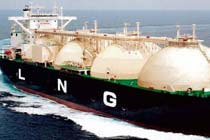
Tank Ship Liquefied Gases course is an online course meeting the STCW requirements for officers and ratings who may not have sailed on board Liquefied Natural Gas (LNG) tanker ships.
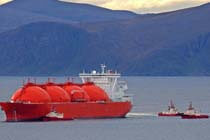
Advanced Liquefied Gases course is an online course for personnel responsible for operating liquefied natural gas carriers (LNGC).
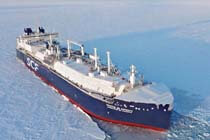
This course meets the STCW mandatory minimum requirements for training and qualification of masters and officers on board ships operating in polar waters.
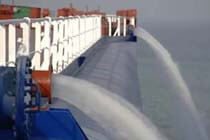
The course covers the impact of uncontrolled ballast water admissions into restricted waters, and systems and technologies available to control such releases.
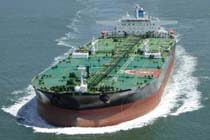
Successful completion of this course should enable candidates to serve on oil tankers in a capacity other than master, chief engineer officer, chief mate or second engineer officer, and to perform specific duties
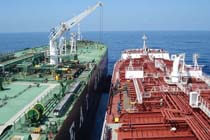
This course prepares trainees for candidates as the Person-In-Charge of Tanker and / or Barge Operations, including loading and discharging procedures, tank preparation, pollution prevention and hazard control.
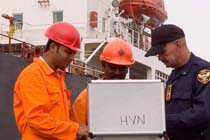
All ships today must have a vessel security plan (VSP). Candidate who successfully complete the VPDSD course should be able to demonstrate sufficient knowledge to undertake the duties assigned under the VSP.
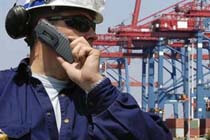
Candidate who successfully complete this course should be able to undertake the duties and responsibilities of a designated Vessel Security Officer as defined in 33 CFR Part 104.
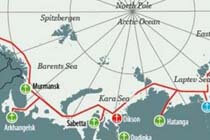
This course is designed to provide an advanced training for those mariners involved in working on vessels in polar waters as senior navigating officers.
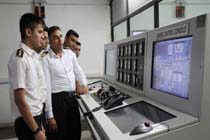
Engine Room Resource Management will help in avoiding human errors and thus the cause of failures. This course is designed to provide an officer in charge of an engineering watch an understanding of the proper utilization and considerations given to resources available in a maritime engine department.

This course is designed to satisfy the HV requirements laid out in the Standards of Training, Certification and Watchkeeping (STCW), Manila Amendments, and the USCG.

The Leadership and Teamworking Skills standards of competence required by 46 CFR 11.309(c)(1) and 11.319(b)(1); STCW Code Section A-II/1 and Table A-II/1, as amended 2010, meeting the National Assessment Guidelines from NVICs 12-14(Ch-4) and 02-18(Ch-1) Tasks 17.1.A, 18.1.A, 18.2.A.

The Leadership and Teamworking Skills standards of competence required by 46 CFR11.309(c)(1) and 11.319(b)(1); STCW Code Section A-II/1 and Table A-II/1, asamended2010,meetingtheNationalAssessmentGuidelinesfromNVICs12-14(Ch-4)and02-18(Ch-1)Tasks 17.1.A,18.1.A, and 18.2.A;
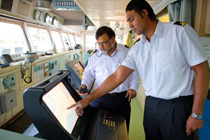
The Security Awareness requirements of 46 CFR 12.627(a)(1); AND The Security Awareness standards of competence required by STCW Code Section AVI/6 paragraph 4 and Table A-VI/6-1, as amended 2010, meeting the National Assessment Guidelines from NVIC 21-14(Ch-1).